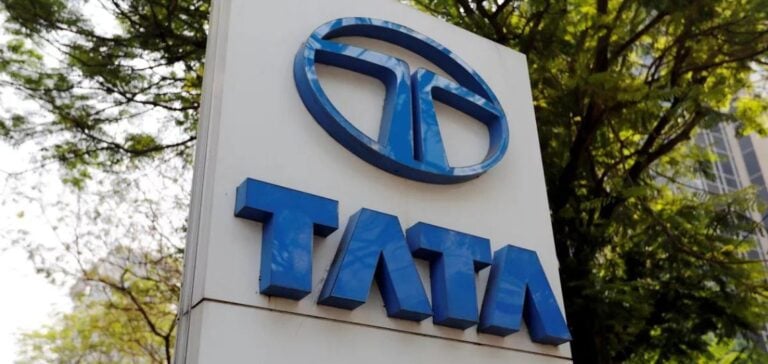India’s Tata Group, owner of Jaguar Land Rover, is to invest “over £4 billion” in an electric battery plant in the UK, which should help London kick-start its efforts to decarbonize the automotive industry.
Tata Electric Battery Plant, Major Project for Employment and Energy Transition
The project is expected to generate “up to 4,000 new direct jobs and thousands more in the wider supply chain”, says the Ministry of Enterprise press release. The new “gigafactory”, with a production capacity of 40 gigawatt hours, will be “one of the largest in Europe”, continues the press release.
“It is expected to provide almost half of the battery production the country needs by 2030, giving a big boost to the UK’s transition to zero-emission” CO2 vehicles.
British Prime Minister Rishi Sunak welcomed the “recognition of the strength of our automotive industry and the skills of its workers”.
“We can be incredibly proud that Britain has been chosen for Tata Group’s first gigafactory outside India”.
Tata Electric Battery Plant, Crucial Investment Despite Tense Negotiations
The UK had been negotiating with the Indian giant for months to secure this investment. In March, the FT wrote that Tata Motors had applied for half a billion pounds (575 million euros) in aid from the UK to build a battery plant there, failing which it could have chosen Spain. The plant is to be built in Bridgewater, Somerset, in south-west England.
“This is an important moment for the automotive industry in the UK and shows that the government has finally started in the international race for clean technologies, while others are already at full speed,” commented environmental NGO Greenpeace. “The government must stick to its laudable target of phasing out petrol and diesel vehicles from 2030, and sign the regulations to do so,” adds Greenpeace.





















